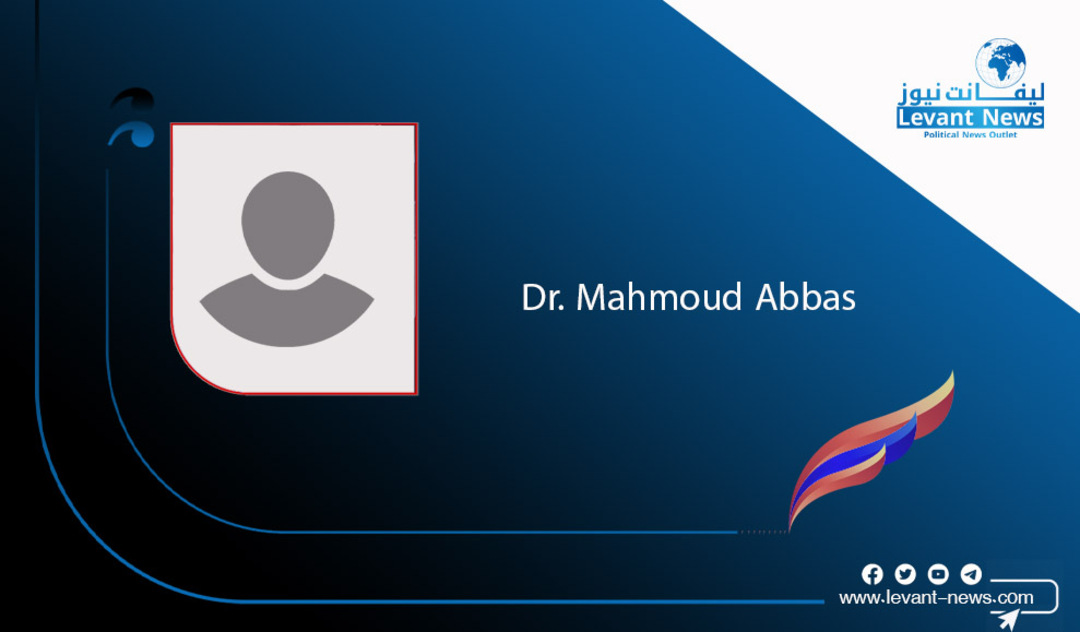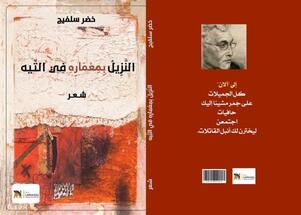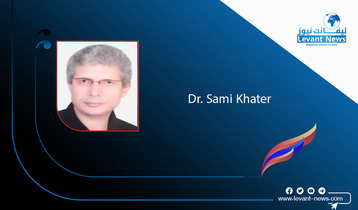-
Federalism is Not a Crime, and Kurdistan is Not a Conspiracy

A Call to All Kurdish Forces Gathering at the Kurdish National Conference in Qamishlo – April 18, 2025
In an unequivocal voice, we demand that the Kurdish movement in Western Kurdistan not concede, under any circumstances, the demand for a decentralized federal system, and to clearly enshrine it in the upcoming Syrian constitution. This demand is no longer merely a political option among a list of alternatives but has transformed into an existential safety valve that safeguards what remains of the aspirations of a people who have suffered for over a century and have been deprived of their rights to land, language, and recognition.
To retreat from this principle would not only mean losing all the gains we have achieved at the cost of the blood of thousands of martyrs, but it would also lead to a calamitous end that would return the Kurds to square one, to a state of imposed silence, renewed dependency, and institutional denial in the name of a false unity.
As for those who promote the principle of "citizenship" as an alternative to the federal system, as the transitional government does, let them reconsider their logic first: what kind of citizenship can be built under an "Arab Republic"?
Stubbornness can only be met with more stubbornness, but flexibility is met with civilized diplomacy, not concession or denial. We are those who demand that the homeland belongs to everyone, not restricted to a particular ethnicity, nor an extension of linguistic or religious hegemony.
We are the ones who dream of a new Syria that accommodates all its components, and we have called from the beginning for a "Syrian Republic," not an Arab one, because it alone reflects the reality and diversity of the country.
Federalism, which some demonize, is not opposed to the homeland; rather, it is the highest form of a just system in both religious and secular dimensions, balancing diversity and belonging, safeguarding rights without negating particularities. It is not a Western novelty, but a principle deeply rooted in sacred texts, as well as in the constitutions of advanced countries; at its core, it is based on acknowledging differences rather than denying them, and on fair distribution of power and wealth, not monopolizing it in the name of the majority, history, or force—a system that guarantees equality without erasure, integration without dissolution, and rights without favors from anyone.
Isn't there, in the very name, a reproduction of the logic of "the master and the subject"? Is it reasonable for minorities to be asked to dissolve their identity while a single identity is enshrined in the text, flag, and designation?
The theoretical recognition of equality is not enough unless it translates into just constitutional structures that guarantee national plurality and recognize the Kurds as an indigenous people, not as a transient minority.
Without a true federal system that guarantees the Kurds their self-management and national rights, discussions about citizenship will remain nothing more than a deceptive facade. It begins with promises, evolves into marginalization, and ends with the re-imposition of silence on the Kurds, as it has been imposed on them for decades.
If we lose what we have today, we may never be granted the chance to reclaim it again, especially in the face of this rising racial frenzy from the remnants of the Ba'ath Party and the extremists, who have inherited from their ancestors a language of hate and have made the attack on the Kurds a common denominator among their factions.
Among them, certain segments are beginning to question everything: our history, our demographics, our language, and even our right to exist as a people.
Therefore, retreating from the federal project today is not a political luxury, but a gamble with the fate of a people and the future of an issue that has no choice but to assert itself or be erased.
All the international and regional forces allied with the Kurds today, whether they express this openly or support it implicitly, acknowledge that there is no solution in Syria except through a democratic federal state.
Thus, we urge all the parties and forces participating in the conference or the Kurdish National Conference, expected to be held in Qamishlo on 18/4/2025, to make it their slogan and primary objective to establish the decentralized federal system, not merely as a political tactic, but as a strategic conviction that expresses our legitimate aspirations and our pursuit of true political justice within Syria as a homeland for all, with an inseparable part of it belonging to Kurdistan.
Every time the demand for federalism or decentralization is raised, accusations rain down: you want separation, you are working to fragment the homelands, you are fueling division under the banners of modernity and equality.
Dr. Mahmoud Abbas
You May Also Like
Popular Posts
Caricature
BENEFIT Sponsors BuildHer...
- April 23, 2025
BENEFIT, the Kingdom’s innovator and leading company in Fintech and electronic financial transactions service, has sponsored the BuildHer CityHack 2025 Hackathon, a two-day event spearheaded by the College of Engineering and Technology at the Royal University for Women (RUW).
Aimed at secondary school students, the event brought together a distinguished group of academic professionals and technology experts to mentor and inspire young participants.
More than 100 high school students from across the Kingdom of Bahrain took part in the hackathon, which featured an intensive programme of training workshops and hands-on sessions. These activities were tailored to enhance participants’ critical thinking, collaborative problem-solving, and team-building capabilities, while also encouraging the development of practical and sustainable solutions to contemporary challenges using modern technological tools.
BENEFIT’s Chief Executive Mr. Abdulwahed AlJanahi, commented: “Our support for this educational hackathon reflects our long-term strategic vision to nurture the talents of emerging national youth and empower the next generation of accomplished female leaders in technology. By fostering creativity and innovation, we aim to contribute meaningfully to Bahrain’s comprehensive development goals and align with the aspirations outlined in the Kingdom’s Vision 2030—an ambition in which BENEFIT plays a central role.”
Professor Riyadh Yousif Hamzah, President of the Royal University for Women, commented: “This initiative reflects our commitment to advancing women in STEM fields. We're cultivating a generation of creative, solution-driven female leaders who will drive national development. Our partnership with BENEFIT exemplifies the powerful synergy between academia and private sector in supporting educational innovation.”
Hanan Abdulla Hasan, Senior Manager, PR & Communication at BENEFIT, said: “We are honoured to collaborate with RUW in supporting this remarkable technology-focused event. It highlights our commitment to social responsibility, and our ongoing efforts to enhance the digital and innovation capabilities of young Bahraini women and foster their ability to harness technological tools in the service of a smarter, more sustainable future.”
For his part, Dr. Humam ElAgha, Acting Dean of the College of Engineering and Technology at the University, said: “BuildHer CityHack 2025 embodies our hands-on approach to education. By tackling real-world problems through creative thinking and sustainable solutions, we're preparing women to thrive in the knowledge economy – a cornerstone of the University's vision.”
opinion
Report
ads
Newsletter
Subscribe to our mailing list to get the new updates!






















